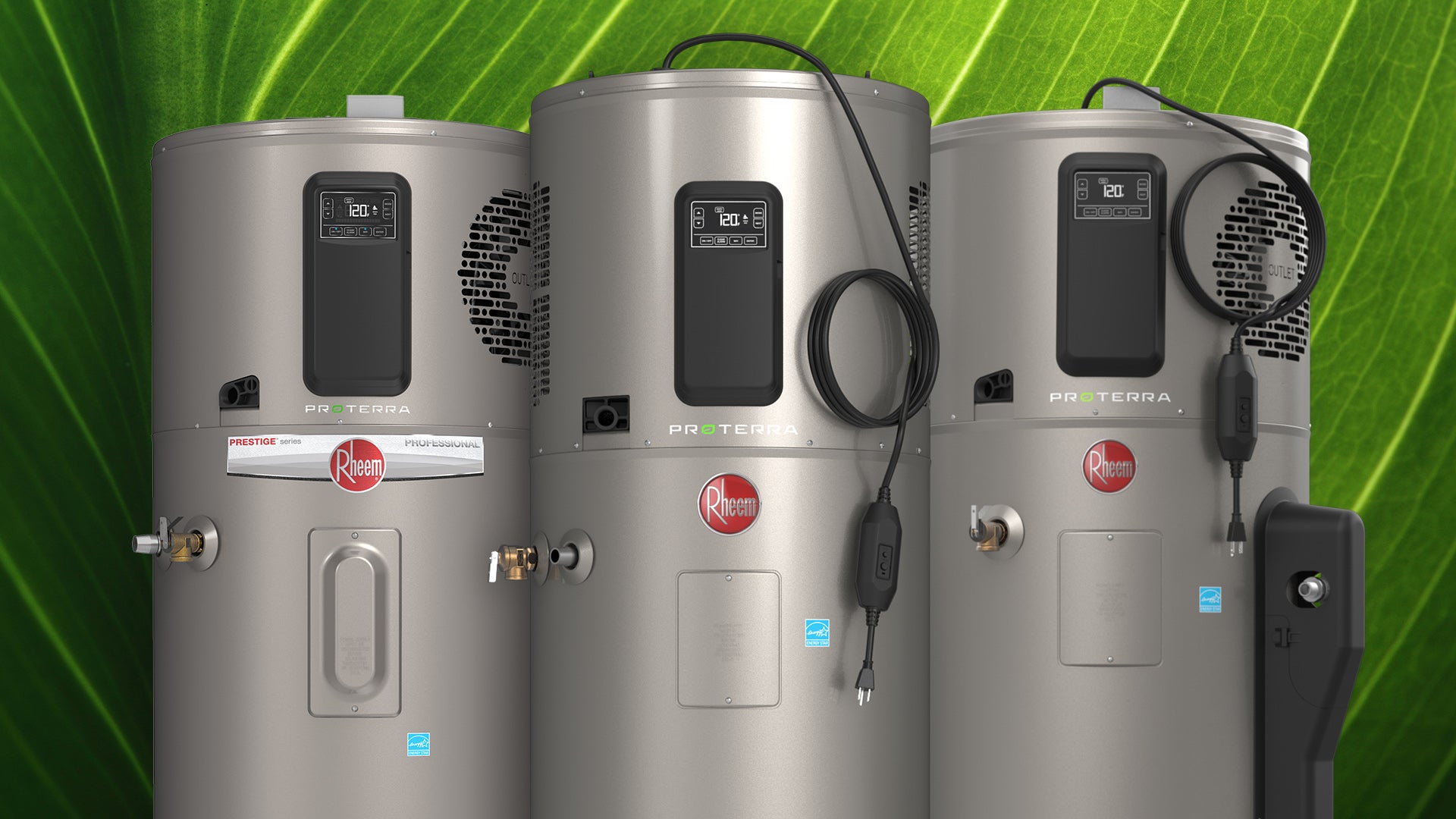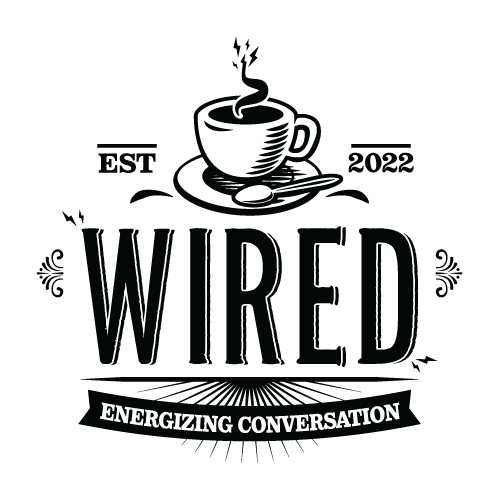
Beginning this spring, Midland Power will launch several pilot projects to study the latest in residential energy efficiency technologies.
Long known for championing high-efficiency air and ground source heat pumps, Midland will explore whether heat pump water heaters offer similar advantages.
Like an air-source heat pump, heat pump water heaters use electricity to move heat from one place to another instead of generating heat directly. The result is a water heater that can be two to three times more energy-efficient compared to a conventional electric resistance water heater.
By pulling heat from the surrounding air and transferring it to heat water in the storage tank, heat pump water heaters operate at extreme efficiency with uniform energy factors (UEF) often approaching or exceeding 4.0. Compare that to a high-efficiency Marathon water heater with a UEF of .92-.94, or a traditional water heater with a UEF closer to .9.
When energy savings are combined with a possible federal tax credit, heat pump water heaters offer an excellent payback despite their higher upfront costs. More information on efficiency tax credits can be found at MidlandPower.coop/TaxCredits.
Since water heating represents the third largest energy end use in homes, responsible for 13-17 percent of national residential energy consumption, it's an essential area for analysis.
In the coming weeks, Midland will select several test homes from among interested members and discount the member's purchase price for a new heat pump water heater by 50 percent. We will also offer an extended service guarantee for the duration of the program.In return, the selected members will agree to let Midland monitor the water heater for two years and routinely complete a brief survey regarding their satisfaction with the unit.
While heat pump water heaters may look similar to traditional tank water heaters, several key operational differences exist. While they still contain electric resistance elements to provide a backup source of heating in the event the heat pump fails or is struggling to keep up with demand, heat pumps work by extracting the ambient heat in the surrounding air. As a result, there are several important factors to consider when deciding if a heat pump water heater is right for you.
• Heat pump water heaters require air temperatures between 40-120 degrees to operate efficiently. As a result, they shouldn't be installed in unconditioned areas, such as garages, crawlspaces, attics, or uninsulated portions of a home or business.
• As they extract heat from the surrounding air, that air is cooled before being returned. In an enclosed area, this can result in a drop in room temperature of a few degrees.
• Unlike traditional electric resistance water heaters, heat pump water heaters require approximately 1,000 cubic feet of air to operate at peak efficiency. This means a room of approximately 11' x 10' x 9'.
• Lastly, unlike a traditional electric resistance water heater, heat pump water heaters aren't silent while operating. Instead, they operate similarly to a heat pump, with fans moving air. This operating volume occurs at a decibel level of roughly 60-80 dB, about the equivalent of a quiet conversation or the ambient noise of riding inside a car at 60 mph. As a result, they are typically installed inside larger utility rooms positioned away from the most commonly used living spaces.
GETTING SMART
Midland will also explore how residential smart electric panels could help the members and the coop save money.
Like traditional electric panels, smart panels contain circuit breakers to help organize your home's wiring and safely route electricity where it's needed. However, unlike traditional breaker panels, smart panels enable the homeowner to actively monitor and adjust their home's energy usage.
In older homes with substandard electrical service, it can be challenging to transition to high-efficiency electrical products, such as an air or ground source heat pump. Installing a smart panel can enable many older homes to forgo costly service upgrades by prioritizing circuits, turning off low-priority loads, and delivering electricity where it's needed most.
As an electric cooperative, smart panels may offer additional benefits. In addition to saving members money on their electric bill – an estimated 10 percent annually according to the Department of Energy – smart panels may have applications in helping the co-op reduce our wholesale power costs.
In the future, smart panels may enable members to voluntarily enroll in programs that allow the co-op to control or curtail certain appliances or loads remotely during times of heavy system demand.
Midland is looking for one residential member willing to have a smart panel installed in their home at half price. The member must agree to allow us to monitor their usage and provide us with regular feedback on its functionality.
For full details, or to see if your home qualifies for either of these pilot programs, please contact Roger Hammen, manager of energy services, at (800) 833-8876 or rhammen@midlandpower.coop.


